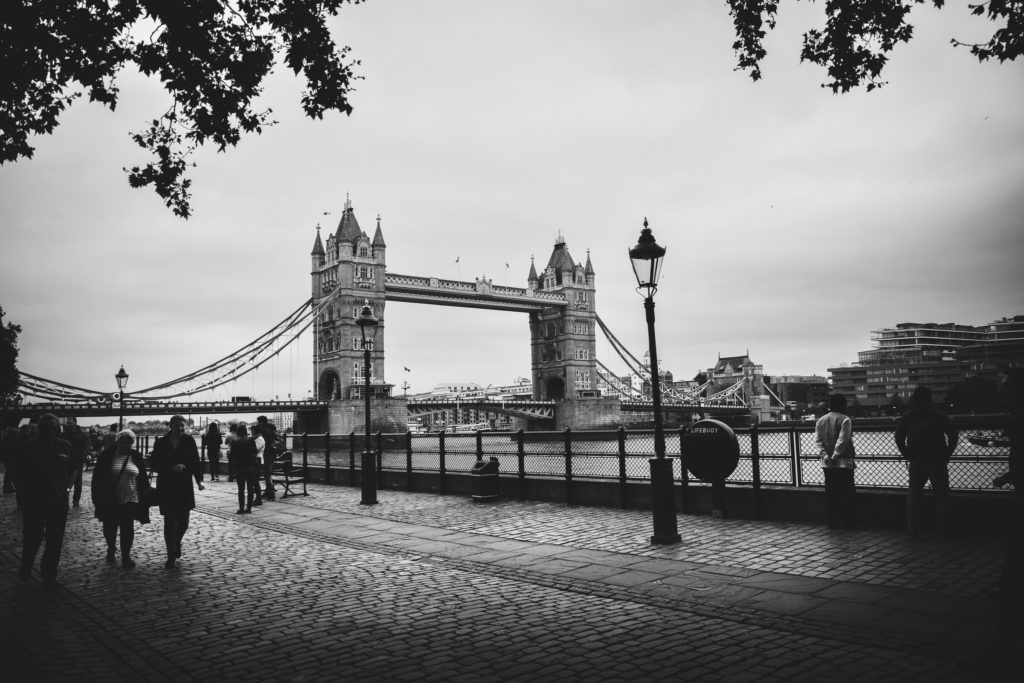
In her touching and thoughtful piece in The New Yorker last week, Rebecca Mead explained her decision, after three decades of living in the United States, during which time she became a naturalized citizen, to move back home to London. “However much I assure myself that my choice is a bold one, it is also a retreat of sorts,” she wrote. “The terrible thing—the unspecified, unimaginable thing that I used to say could dislodge me from America—finally happened, and not to me alone but to the country itself. I’m not leaving because of Trump, but I’m not not leaving because of him, either.” She wrote also of returning to a London that is no longer fully her home, and the sense of uprootedness that inspires.
I’m in the reverse situation, holding tight in Paris for longer than I might otherwise prefer to—at least that’s what I tell myself—so long as the bitter polarization in American political life results in the current abysmal state of affairs. But I felt precisely the sadness and limitation of Mead’s situation, even though, technically, and as we both acknowledge, we have enviable options.
What surprised me, soon after I shared the article on Facebook, was the glib dismissiveness and even condescension of many of the comments—coming from liberals, not conservatives—about the inherent privilege of her complaint. An older polyglot black friend who recently moved from Geneva to New York, wrote “#whitepeopleproblems.” Another friend, in London, raised the concern that this plays into the stereotype Trump voters hold of the pampered liberal elite. Never mind that Mead performed the obligatory justification rituals upfront. She is Oxford educated, but from the lower-middle class, and the overwhelming sentiment seemed to be that since she is an English-speaking, naturalized, white Anglo-American, her very identity forfeits her right to complain. If this is, as it seems, the kind of rigid self-censorship that the left increasingly wishes to impose on itself for fear of playing into the Trump voter’s critique—or for meaner and pettier reasons than that—then that seems like a generous gift that is unlikely ever to be matched.


